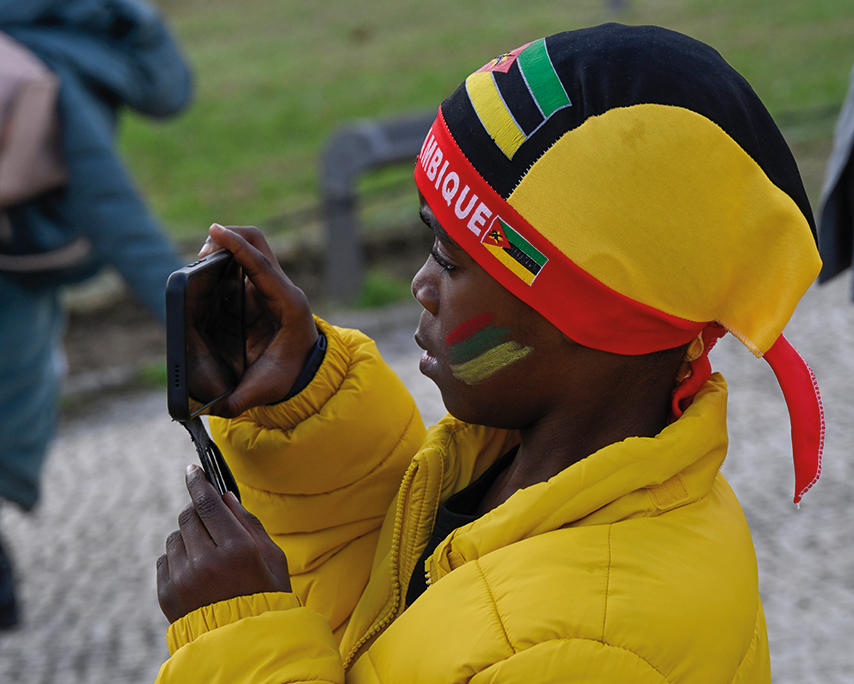International Day of Democracy
Development reporting in Africa’s digital democracy
Democracy in Africa is being reshaped by digital innovation, and this shift is impossible to ignore in the development space. For decades, reports and publications have been the backbone of development communication—thick documents outlining challenges, solutions, and recommendations. However, the rise of digital democracy, particularly driven by Africa’s younger generation, is transforming not only how democracy functions, but also how it is reported and understood.
The first significant change is in audience expectations. A decade ago, a comprehensive 100-page report might have been considered the gold standard. Today, young readers, who primarily consume information through smartphones, expect insights to be timely, accessible, and visually engaging. This does not mean that depth is no longer important. It means reports must be accompanied by tools that make complex findings easier to understand, such as infographics, interactive dashboards, brief explanations, or even podcasts. Development actors who stick to static, text-heavy publications risk losing relevance in the very societies they aim to inform.
The second shift is the inclusion of digital voices. Online activism has become part of Africa’s democratic reality. Hashtags like #EndSARS in Nigeria, #FeesMustFall in South Africa, and grassroots campaigns in Sudan and Kenya show how political expression is no longer confined to town halls or ballot boxes. These movements leave behind a trail of digital evidence—tweets, posts, videos—that can enrich development reports. By citing, analysing, or acknowledging these digital narratives, reports become more reflective of actual civic engagement rather than relying solely on top-down analysis.
Speed is another factor that development professionals cannot ignore. The digital space moves fast, and by the time a lengthy report is published, the conversation may have already shifted. Reports now need to strike a balance: offering rigorous research while also releasing shorter, agile insights that can feed into ongoing debates. A well-timed policy brief or blog can have as much impact as a flagship report, sometimes more, because it enters the public conversation when it matters most.
Digital democracy also places higher demands on transparency. With more citizens tracking development work online, reports are scrutinised in real-time. Inaccuracies, vague data, or unclear recommendations can quickly be challenged. This is an opportunity as much as it is a risk. Organisations that openly disclose their data sources, methodologies, and limitations can build trust. Those that fail to adapt risk reputational harm amplified by social media.
Finally, there is the question of accessibility. For most young Africans, the mobile phone is the primary means of accessing information, rather than the printed report or desktop computer. Reports must therefore be written in clear, simple language, translated where possible, and designed for mobile viewing. Development communication that overlooks this reality risks excluding the very audience that is shaping Africa’s democratic future.
The future of reporting in Africa’s development space will likely be hybrid. Anchor publications, policy reports, evaluations, or impact assessments will still play an important role. However, they will need to be supported by digital-first formats, such as blogs, short videos, interactive graphics, and social media campaigns, which extend the reach and relevance of the findings.
In short, Africa’s digital democracy means development reporting cannot remain static. Reports must evolve into living documents—flexible, inclusive, and responsive to the pace of change. In doing so, they will not only reflect democracy in action but also strengthen it by making development insights more accessible to the people who need them most.



